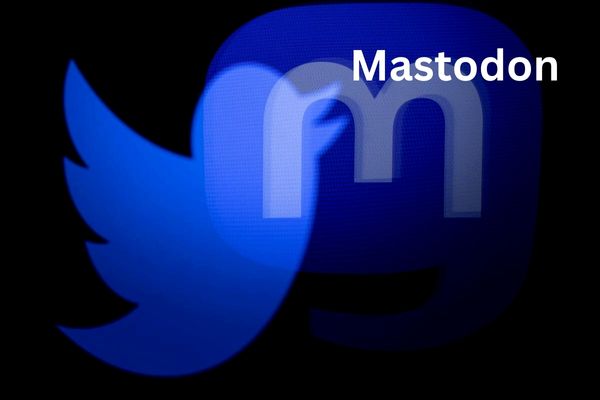Mastodon is open technology that allows users to access their own social networking website. It provides microblogging characteristics comparable to those of Twitter, which are provided by a significant number of independently operated nodes known as “occurrences,” each with its own code of practice, terms and conditions of service, confidentiality options, and mediating policies. Mastodon is a social network built on open internet protocols and freeware. It is decentralized, similar to e-mail.
About Mastodon
Mastodon was originally established in 2016 by Eugen Rochko. The business’s main offices are in the East Coast, Southern US. The company is still in operation. The corporation ‘s lawful title is Mastodon Technologies, Inc., and its type of business entity is For Profit. The company focuses on Social Network and Software.
Mastodon gGmbH is a non-profit organization based in Germany that creates the Mastodon application. Mastodon began in 2016 as an open-source research work by Eugen Rochko, who was discontented with the condition and vision of Twitter as an ardent user since 2008. The first general populace release took place in October of 2016. Eugen was capable of starting completing the project full-time after graduating thanks to the preliminary funding provided by Patreon. It received its first major break in April 2017, garnering widespread attention and media exposure. In 2021, the project was implemented as a gGmbH (a German version of a non-profit LLC).
How does Mastodon work?
Mastodon web servers operate social networking operating systems that can communicate with each other via the W3C’s ActivityPub benchmark, which has been in place since edition 1.6. As a result, a Mastodon consumer can communicate with users on any other Fediverse domain controller that supports ActivityPub. Rather than a solitary website or app, visitors join a particular Mastodon server. The services are linked as nodes in the network, and each server can manage its own regulations, credentials, and whether or not share messages with other server farms. Many data centers have a theme that is based on a particular interest. It is also prevalent for servers to be located in a specific city, region, or country.
Mastodon includes a variety of privacy-related features. Each message has a number of granular permissions, and users can decide whether to make the message visible or personal. Private messages are only communicated on the timeframes of the user’s supporters, while public notifications appear on a global stream known as a timeline. Messages from timelines or direct among users can also be labeled as “unlisted.” Users can also choose to make their accounts totally personal. Messages in the timeline can include an entirely voluntary “content warning” function that necessitates viewers to click on the material to reveal the remainder of the message. This feature has been used by Mastodon servers to hide spoiler alerts, trigger warnings, and not safe for work (NSFW) messages.
How to join Mastodon
When you visit the Mastodon webpage, you can click the “create account” button, which will take you to a site with a list of server farms to choose among. You can sort these by province, dialect, topic, sign-up pace, and other criteria. Discover a server that interests you and join it — if it’s a server that needs permission, you may have to wait a little longer. From there, you can begin looking for people to follow, irrespective of whether they are authorized on your server.
Why to join Mastodon?
Instantaneous interaction is too important to be monopolized by a single company. Each Mastodon host is a self-contained entity capable of collaborating with others to form a single global social media network.
Mastodon is open-source software that is free to use. They believe in your privilege to use, copy, research, and modify Mastodon as you deem fit, and they stand to gain from community efforts.
It is not for sale.
They value your authority. You carefully select and create your own feed. They will never show you advertisements or push statuses. That means your information and your time are solely yours.
Interoperable
Mastodon, which is built on open web protocols, can communicate with any other platform that uses ActivityPub.
Conclusion
Mastodon is a social network built on open internet protocols and freeware. It provides microblogging characteristics comparable to those of Twitter. It is decentralized, similar to e-mail. The corporation’s lawful title is Mastodon Technologies, Inc., and its type of business entity is For Profit.
Must Read: WHEN WORKING WITH PDFS, YOU NEED THESE 3 TOOLS
Mastodon is open technology that allows users to access their own social networking website.
It provides microblogging characteristics comparable to those of Twitter, which are provided by a significant number of independently operated nodes known as “occurrences,” each with its own code of practice, terms and conditions of service, confidentiality options, and mediating policies.
Mastodon was originally established in 2016 by Eugen Rochko.
Mastodon gGmbH is a non-profit organization based in Germany that creates the Mastodon application.
It received its first major break in April 2017, garnering widespread attention and media exposure.
